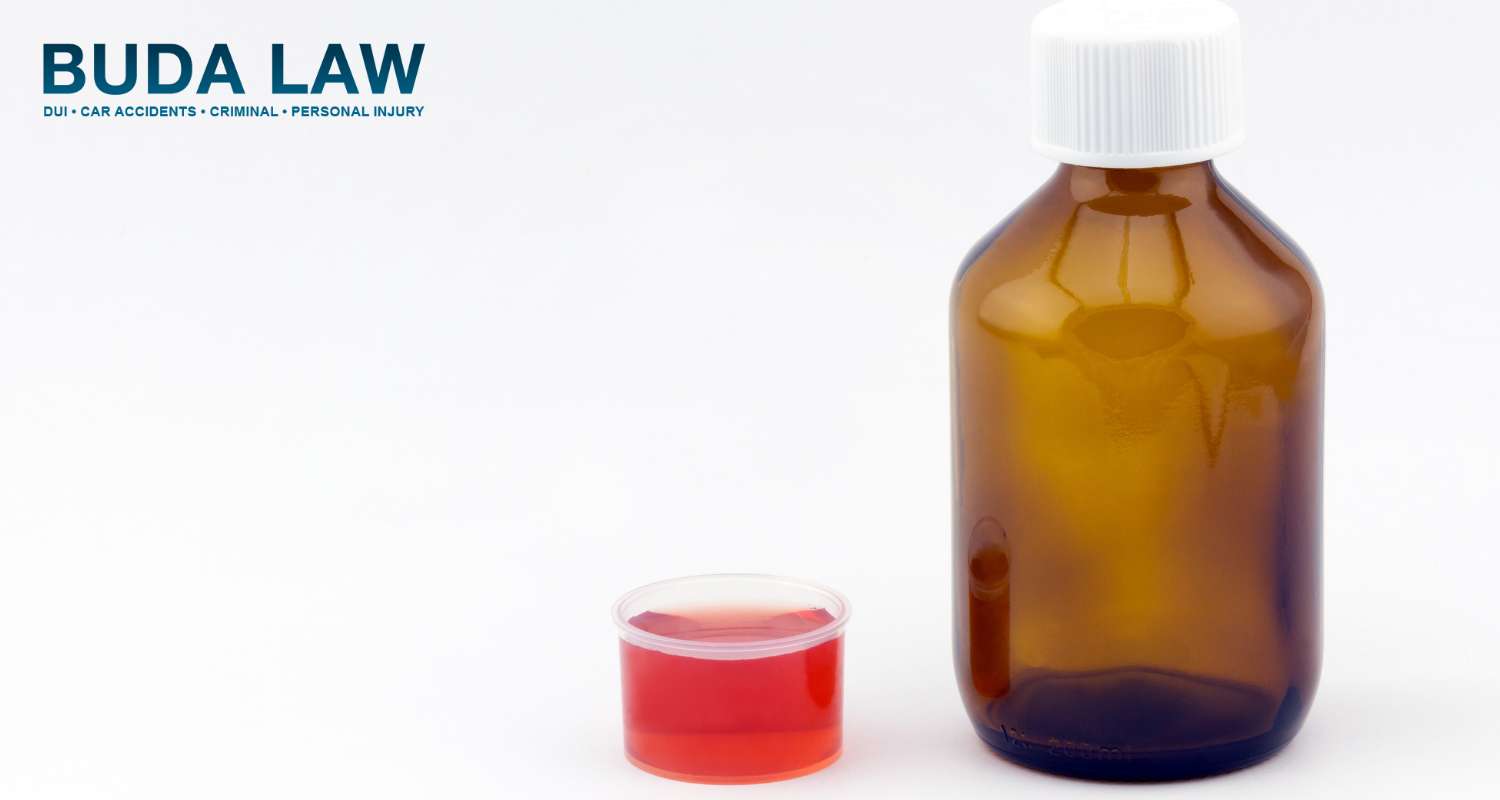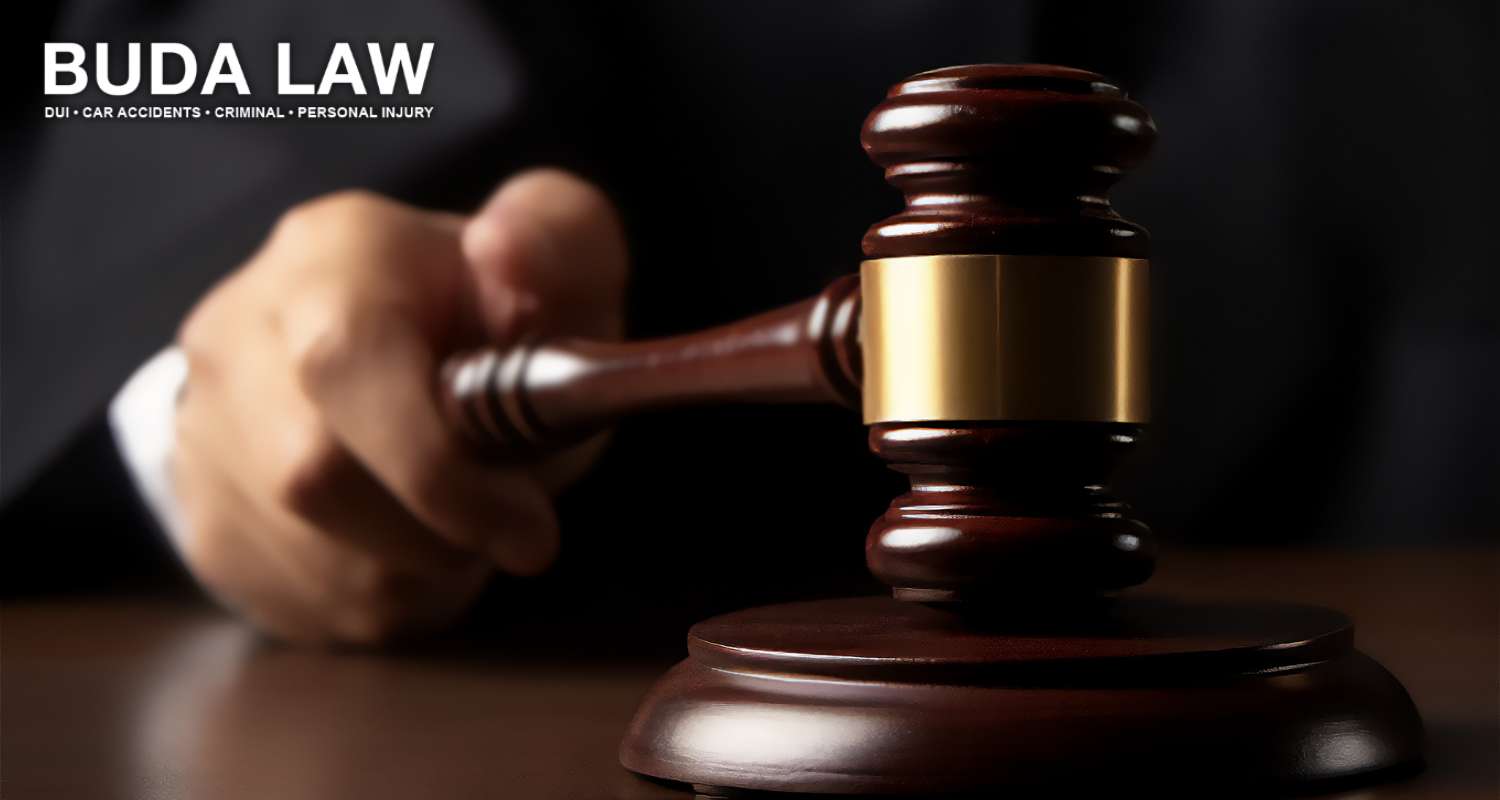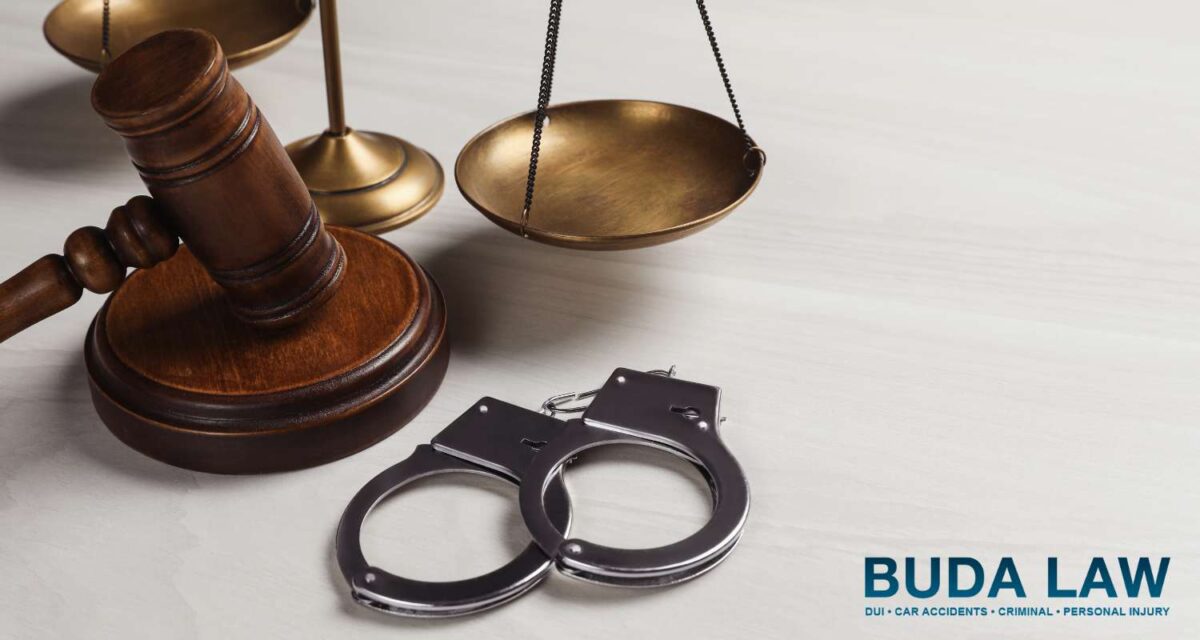
Drugs in the United States are divided into five distinct categories—called schedules—based on factors like the drug’s acceptable medical use, potential for abuse, and risk of physical dependence. Schedule V drugs are defined as having the least potential for abuse among the schedules, a low risk of addiction, and often include certain chemicals commonly used in medications for cough, pain, or diarrhea. Despite their recognized medical benefits, Schedule V substances are still carefully regulated.
If you are charged with a drug offense involving a Schedule V substance in Florida, it’s important to understand what you’re facing. While Schedule V drugs are considered the least restricted category under Florida law, possession, misuse, or distribution can still lead to serious criminal penalties.
At Buda Law, Tampa criminal lawyer Andrew Buda uses his experience as a former prosecutor to help clients fight drug charges, protect their rights, and seek the best possible outcome. If you’re facing these kinds of charges, call (813) 322-2832 or reach out online to schedule a free consultation with an experienced drug crime attorney on our team today.
What are Schedule 5 Drugs?
Schedule V drugs are substances classified under both federal and Florida law as having the lowest potential for abuse relative to other controlled substances, but they are still regulated due to their potential for misuse. These drugs typically have a currently accepted medical use and often contain limited quantities of narcotics, such as small amounts of codeine in cough syrups or medications that treat diarrhea and pain.
While Schedule V substances are less tightly controlled than other drugs (Schedule I drugs, Schedule II drugs, Schedule III drugs, and Schedule IV drugs) under the Controlled Substances Act, offenses such as unauthorized possession, distribution, or misuse can still lead to criminal charges in Florida.
Schedule 5 Drugs Examples
Many Schedule V drugs are commonly used to treat mild conditions and often include cough preparations containing small amounts of codeine or medications for diarrhea and pain relief. Below are some typical examples of Schedule V substances you might encounter:
- Robitussin AC – cough syrup containing codeine
- Phenergan with Codeine – used for cough and nausea
- Lomotil – used to treat diarrhea, contains diphenoxylate and atropine
- Motofen – another anti-diarrheal medication
- Parepectolin – used to treat diarrhea, containing kaolin and pectin with small amounts of opium
- Ezogabine (Potiga) – used to treat seizures
- Lyrica (pregabalin) – used for nerve pain and seizures; classified as Schedule V federally, though not all states handle it the same

How Many Refills are Allowed for Schedule 5 Drugs?
In Florida, Schedule V drugs can be refilled as authorized by the prescribing physician, and, unlike more tightly controlled substances, there is generally no federal limit on the number of refills as long as the prescription remains valid.
However, most prescriptions expire after one year, requiring a new prescription if continued use is needed.
Are Schedule 5 Drugs Illegal in Florida?
Schedule V drugs are legal in Florida when prescribed and used appropriately. These substances are classified under both federal and Florida law as having the lowest potential for abuse among controlled substances and are recognized for legitimate medical uses.
Tampa, Florida Schedule 5 Drug Crimes
While Schedule V drugs are legal in Florida when properly prescribed and used, certain actions involving these substances can still be illegal. Unauthorized possession without a valid prescription, distribution to others, forging prescriptions, or misusing the medication (such as taking higher doses than prescribed) can all lead to criminal charges.
Even though these drugs are considered to have a low potential for abuse, Florida law treats any unauthorized use seriously, and violations can result in misdemeanors or even felony charges depending on the circumstances.
Florida Schedule 5 Drug Possession
Under Florida Statute § 893.13(6)(d), unauthorized possession of a Schedule V controlled substance (whether actual or constructive possession) is classified as a second-degree misdemeanor in Florida. Individuals found guilty may face penalties including:
- 60 days in jail
- A fine of up to $500
- Possible probation and/or community service
Florida Schedule 5 Drug Sale or Distribution
Under Florida Statute § 893.13 (1)(a) 3, if an individual is found possessing a Schedule V drug with the intent to sell, manufacture, or deliver, it is considered a misdemeanor of the first degree. First-degree misdemeanor penalties in Florida are as follows:
- Up to 1 year in jail
- A fine of up to $1,000
- Possible probation and/or community service

Full List of Schedule 5 Drugs
Schedule V drugs include certain medicines that have very small amounts of controlled substances mixed with other ingredients that give the medicine real medical value beyond the drug itself. Some examples are:
- Medicines with no more than 200 milligrams of codeine per 100 milliliters (or per 100 grams)
- Medicines with no more than 100 milligrams of dihydrocodeine per 100 milliliters (or per 100 grams)
- Medicines with no more than 100 milligrams of ethylmorphine per 100 milliliters (or per 100 grams)
- Pills that contain up to 2.5 milligrams of diphenoxylate along with at least 25 micrograms of atropine sulfate per dose
- Medicines with no more than 100 milligrams of opium per 100 milliliters (or per 100 grams)
- Pills with up to 0.5 milligrams of difenoxin and at least 25 micrograms of atropine sulfate per dose
Unless a drug is listed under a stricter schedule or has an exception, Schedule V also includes medicines containing:
- Brivaracetam
- Ezogabine
- Lacosamide
- Pregabalin (Lyrica)
Any drug that contains the stimulant pyrovalerone is also considered a Schedule V substance, including all its chemical variations.
Other Drug Schedules
Controlled substances are divided into five schedules depending on the drug’s abuse risk and its potential for physical and psychological dependence relative to other drugs.
- Schedule I drugs have no accepted medical use and a high potential for abuse (e.g., heroin, LSD).
- Schedule II drugs have accepted uses but carry a high risk of severe psychological or physical dependence (e.g., oxycodone, fentanyl).
- Schedule III drugs have a moderate to low potential for physical and psychological dependence (e.g., anabolic steroids, ketamine).
- Schedule IV drugs have a lower abuse risk than Schedule III and may cause limited physical dependence (e.g., Xanax, Valium).
Schedule V drugs, by comparison, have the least potential for abuse and dependence. You can find the comprehensive listings here: F.S. 893.03.

Buda Law – Your Tampa Drug Crime Defense Attorney
Understanding the different drug schedules in Florida is critical if you are facing charges involving scheduled substances, even those classified as Schedule V. While these drugs are considered the least dangerous of the five categories, misuse can still carry serious legal consequences, potentially leading to jail time, fines, and a permanent criminal record.
Whether a substance is considered dangerous or not, any drug charge should be taken seriously. If you or a loved one is facing allegations related to a controlled substance, contact a Tampa drug crime attorney at Buda Law for experienced, aggressive defense. Simply call (813) 322-2832 or reach out online to get in touch today.
